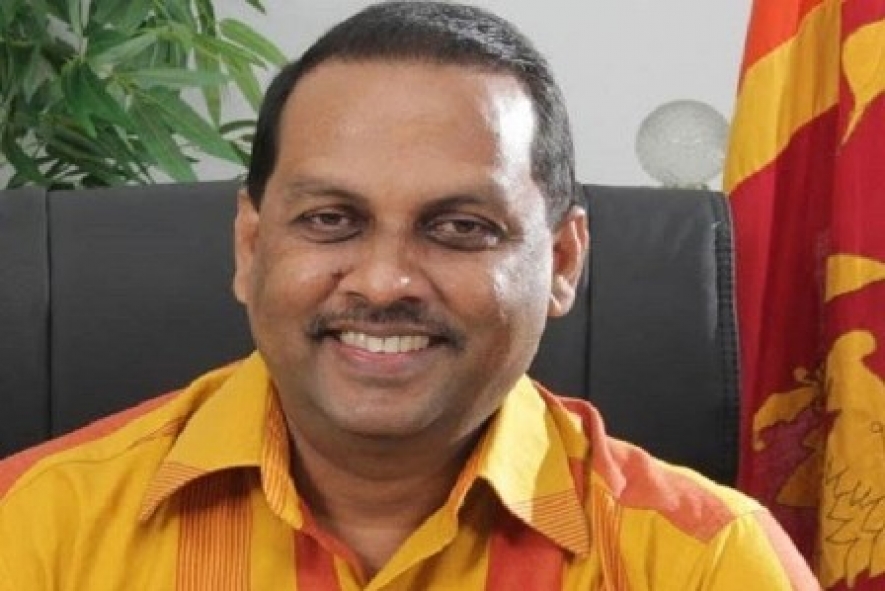Minister Mahinda Amaraweera commencing bilateral talks yesterday expressed following views.
Sri Lanka and Thailand share decades-long friendly relations. Diplomatic relations commenced in 1955 between the two countries. Thailand has been successful in the fisheries industry and particularly, the recent economic development achieved by Thailand is a classic example to countries like Sri Lanka. It has placed a high priority in fisheries resources management including the fish resource in their attempts to raise the national income.
Every state of the world at present has focused on food security and therefore the exported fish and aquatic products are considered to be important by every nation. We have decided to raise the annual fish consumption of Sri Lankans up to the level of 22 Kg to increase the nutrition level of citizens.
Sri Lankan fish and aquatic exports enjoy a high demand in the global market. Thus we have set a long term objective to increase fish exports income to USD 1.3 billion by 2020 and further improve it to USD 05 billion by 2030.
We are still incapable of satisfying the existing high demand of fish exports. Thus we believe that as a result of the measures taken by the government, fish production will be raised by 100% by 2020.
We are encountered with numerous challenges in promoting our marine fish resources. Competitiveness and the disputes likely to occur between the various parties in the harvesting of fish resource is the major challenge we are encountered with due to the constraint in marine resources.
Similarly, some parties deploy illegal fishing methods. Therefore, we should give a guarantee to the international community that we sustainably conserve and manage fisheries resources. This is a requisite especially in deep sea fishing.
We achieved a lot by taking part in the discussions and sharing experience during the past two days. Thailand’s support to the development of Sri Lankan fisheries is genuinely appreciable.
Development of finfish species such as Grouper, Cobia and Pangasius, implementation of expedite aquatic resources development schemes, marine fish farming, ornamental fish farming, mariculture farming, fish culture in paddy fields, farming of vannamei prawn species, sea weed food items and popularizing them among the public shall be promoted.
Sri Lankan government has focused on these aspects and taken measures to raise the awareness of the public. Fish farming in the Sri Lankan context is a deviated process to a certain extent. Sri Lankans still adopt a conventional attitude towards fish farming. Thus, Sri Lankans have not still identified the importance of fish farming which is capable of earning huge economic benefits. We believe,that in the future more and more people will be engaged in this industry and the Ministry of Fisheries and Aquatic Resources Development is taking action to develop this industry to the satisfaction of future needs.




















